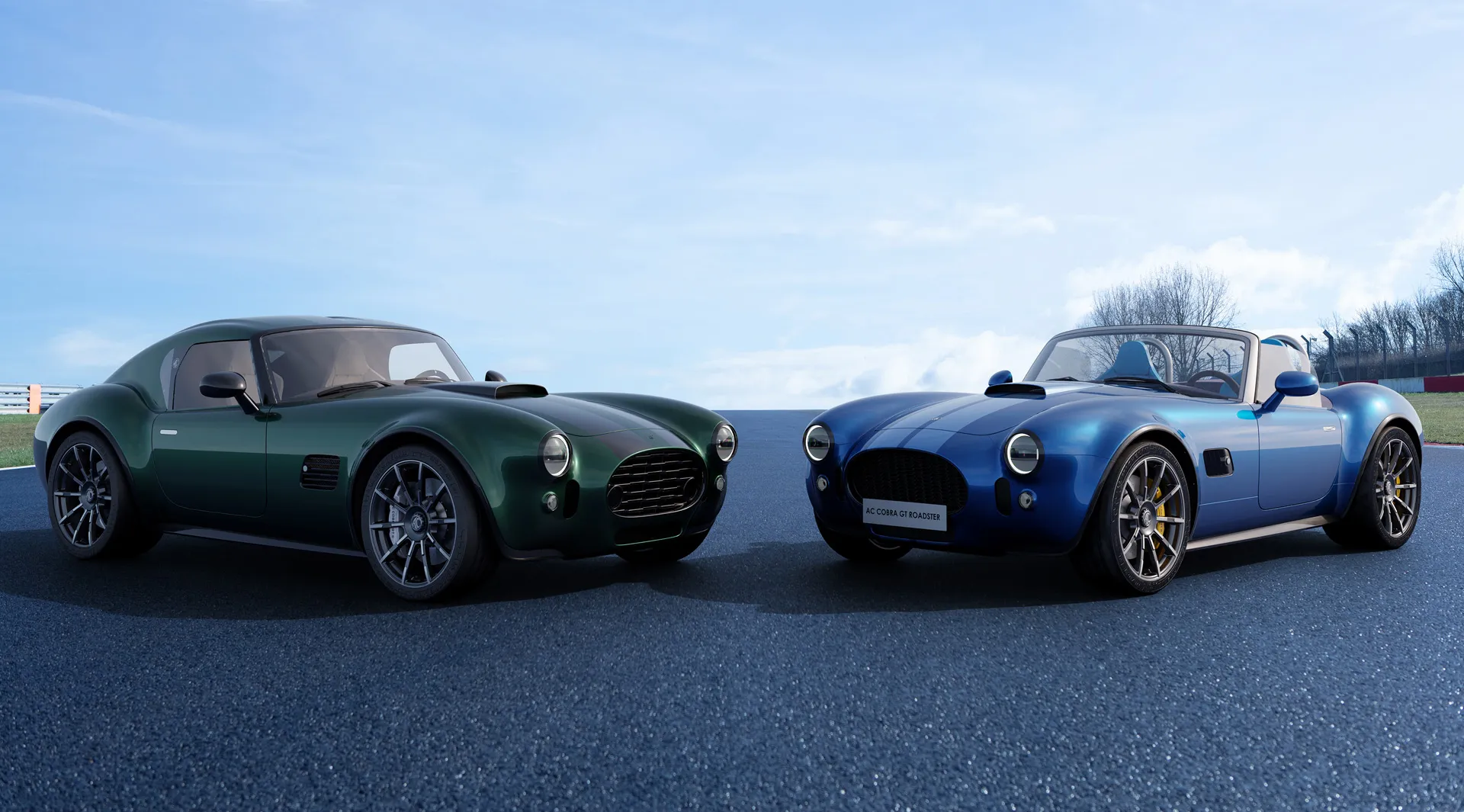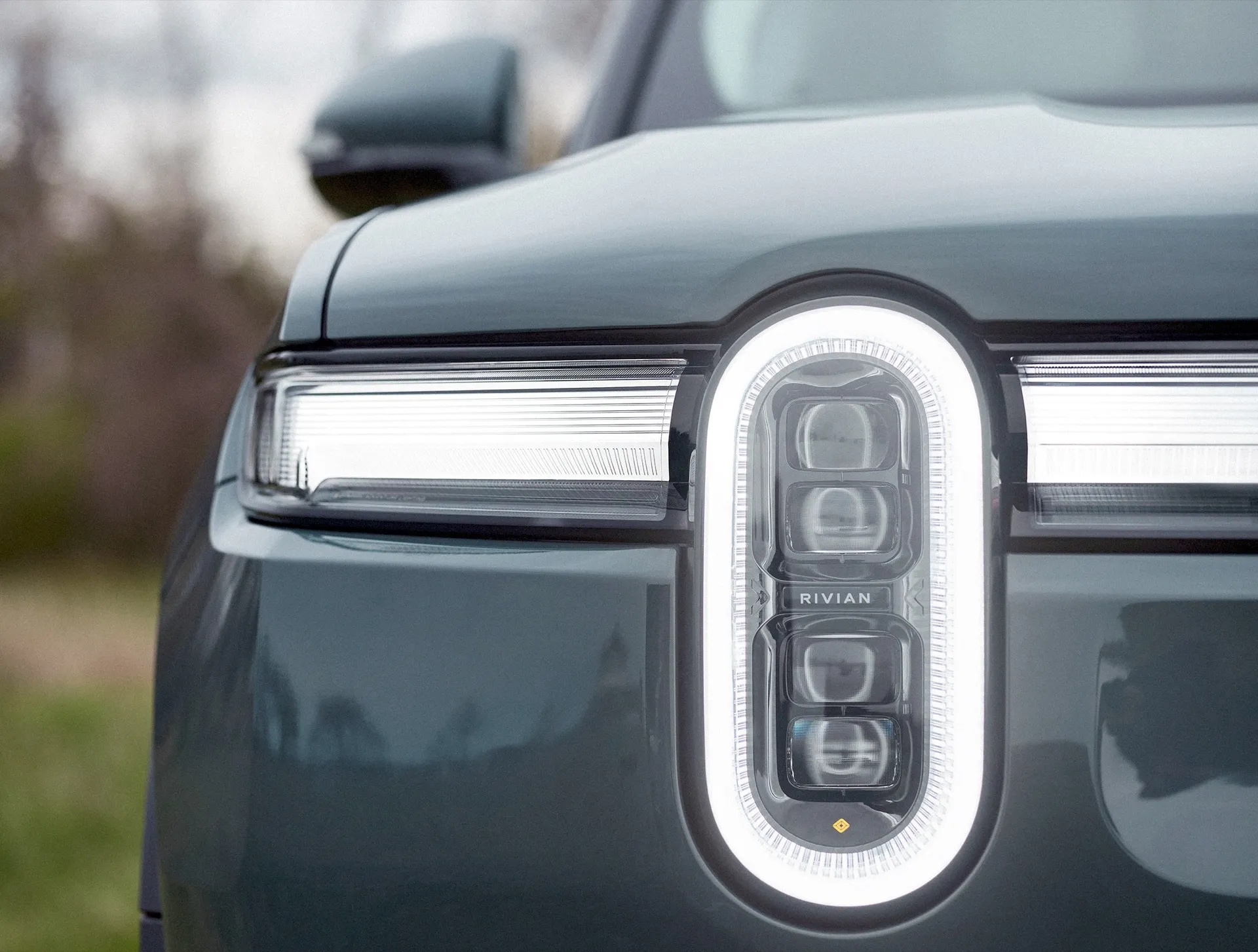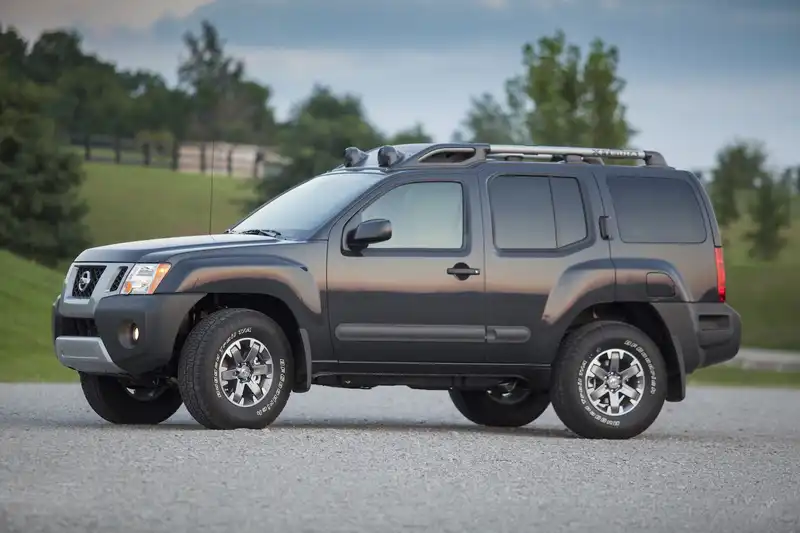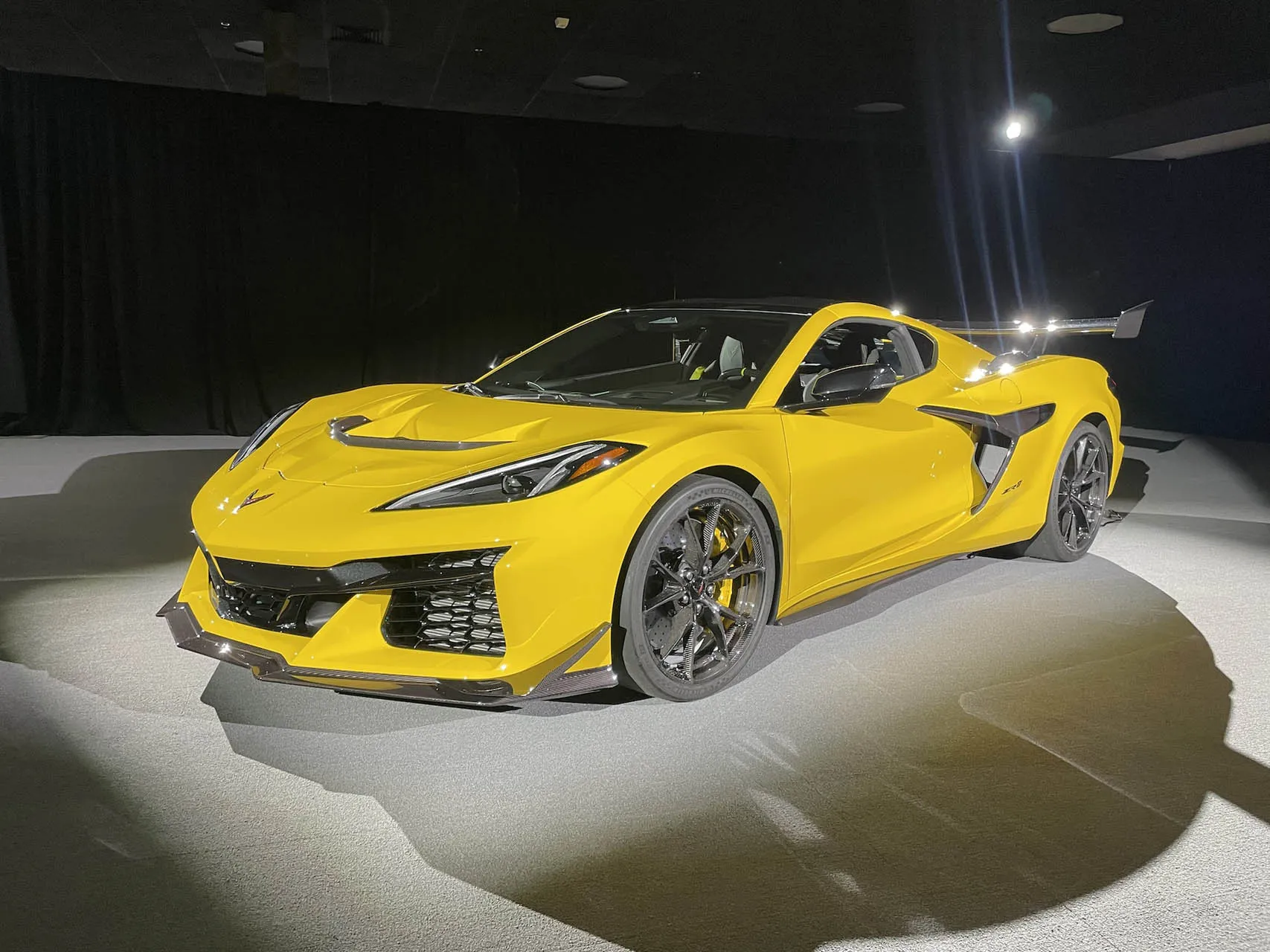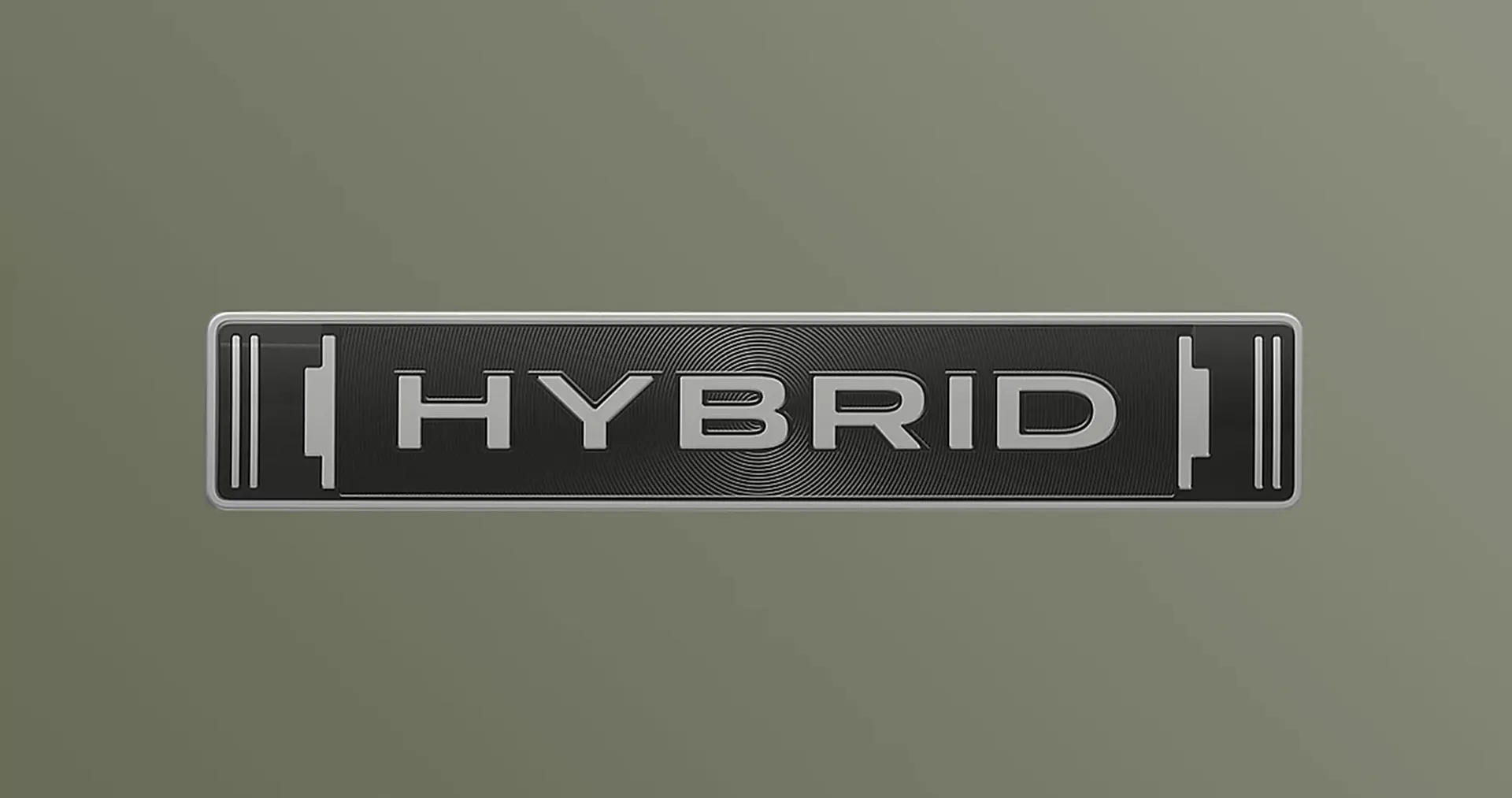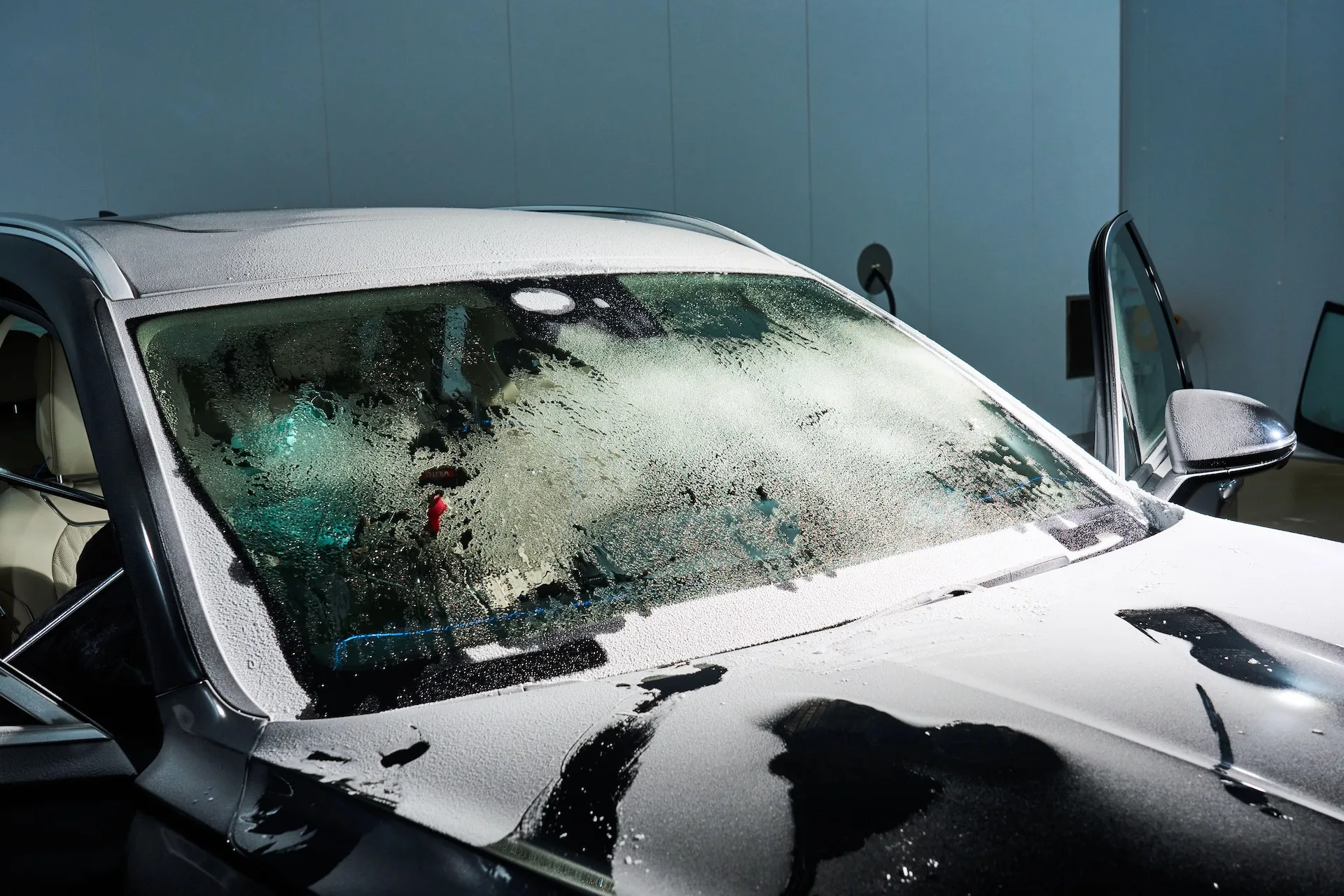Review 2024 Subaru WRX TR aims for the track, but falls short of STI
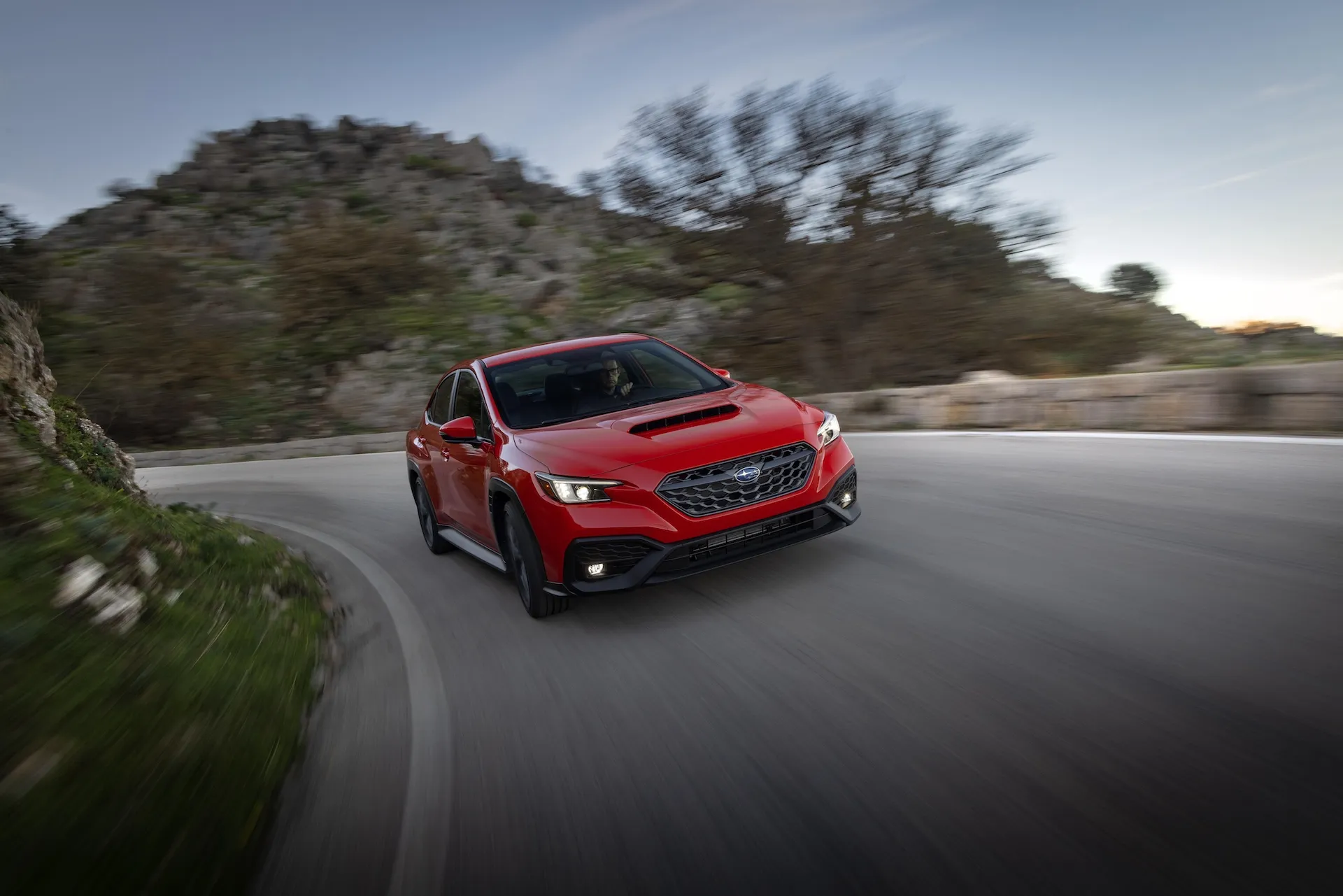
The beloved WRX STI disappeared in 2021.
I recently took a ride on Subaru's effort to at least partially fill that void: the 2024 WRX TR.
This is not the first WRX TR. It was originally a stripper WRX released as a 2006 model, and TR stands for Tuner Ready. In other words, it was stripped down to the bare essentials. It had a very basic stereo, no body add-ons, and the steering wheel was from the base model Impreza 2.5i. It did, however, have a sport-tuned suspension and limited-slip differential. This was to provide performance parts and to avoid adding amenities that the tuner would remove from the car.
The 2024 WRX TR goes in a different direction by adding more performance parts and combining them with a wealth of amenities.
Essentially a half-step to the STI, the WRX TR gets suspension and brake upgrades, but no additional power. Instead of the WRX's standard 17- or 18-inch wheels and tires, the WRX TR now wears 19-inch wheels with Bridgestone's Potenza S007 summer performance tires. The springs are 5% stiffer and the damping rate has been changed. The steering was also retuned to improve road feel, and the brakes were enlarged.
The base WRX has 12.4-inch ventilated front rotors with two-piston calipers and 11.8-inch ventilated rotors with single-piston rear calipers; the TR has 13.4 inch cross-drilled front rotors with Brembo 6-piston calipers and 12.8-inch cross-drilled rear rotors with 2-piston calipers.
The TR, like all 2024 WRXs, also benefits from several improvements that all 2024 WRXs enjoy. The body structure of the WRX is slightly stiffer this year, primarily thanks to additional floorpan support towards the rear. The 2024 WRX also features the EyeSight suite of safety features for the first time with a manual transmission. This includes adaptive cruise control, automatic emergency braking, and active lane control. According to a Subaru spokesperson, about 75% of WRXs are manual transmission choices, and this is an effort to keep manual transmission-equipped vehicles alive by adding key safety features.
On the interior, the TR features 8-way power-adjustable Recaro seats upholstered in synthetic suede with red contrast stitching. It also lacks a sunroof to remove high weights and provide more space for helmeted drivers.
I drove the WRX TR in Wisconsin in mid-March and conditions varied from mid-50 degree dry to low 40s rain to low 30s snow. The car came from a media fleet in Chicago, and because it arrived in winter, it was equipped with Michelin Pilot Alpin winter tires in the same 235/45R19 size as the standard Bridgestone Potenza S007 summer performance tires.
The winter tires did not have the grip of the Potenza, but we could still feel the changes Subaru had made to the TR. The car turned more willingly. The front end connection was also better. In corners, the nose does not lean outward as much as the stock WRX. Part of this may be due to the improved construction, but more likely due to the stiffer springs.
The ride is also noticeably stiffer, but not punishingly so; the WRX has always had a stiffer ride, and this goes even further in that direction.
Subaru claims to have revised the steering for better road feel, but one would have to drive the TR and another WRX back and forth to judge that. A Subaru spokesperson says that if you hold the steering wheel lightly, you can feel the change. Whether that is true or not, the quick ratio of the steering wheel is the same at 13.5:1, but still too light for my taste.
With no access to the track or autocross, I have not driven the WRX TR hard enough to challenge its braking power. However, on the few twisty I was able to find, it felt powerful with a predictable pedal. Larger rotors and calipers, combined with larger master cylinders, are now ready for the circuit.
The feel of the other controls has not changed. The steering is too light, as is the feel of the gearshift, which could be shorter. The clutch could also be a little heavier, but it feels natural and easy to operate. Overall, a little more weight would make it feel sportier.
No changes have been made to the engine. The same 2.4-liter turbo four produces 271 hp and 258 lb-ft of torque. It is a powerful engine with a 0-60 mph time of about 5.5 seconds with a manual, but it does not pack the same punch as the 315 hp 2.5-liter turbo-4 of the previous generation WRX STI.
The WRX TR starts at $42,775 including a $1,120 destination charge. It is equipped the same as the $40,135 WRX Limited, but without the sunroof. This means that the changes made to the TR cost about $4,000. The price is also about $4,000 more than the previous STI. To be fair, inflation has raised prices across the board since 2021, but that does not make it any less disappointing that a car that does not have the same capabilities as the STI is more expensive.
The WRX TR is not a complete replacement for the WRX STI, but according to a Subaru spokesperson, TR stands for track-ready. Its additional equipment supports that claim. Our recommendation to Subaru: Go a half-step ahead in bringing back the STI by upping the power, adding a body kit, and hardening some of the controls. But until Subaru decides to bring back the STI, the WRX TR will be as close to the current WRX STI as possible.
.